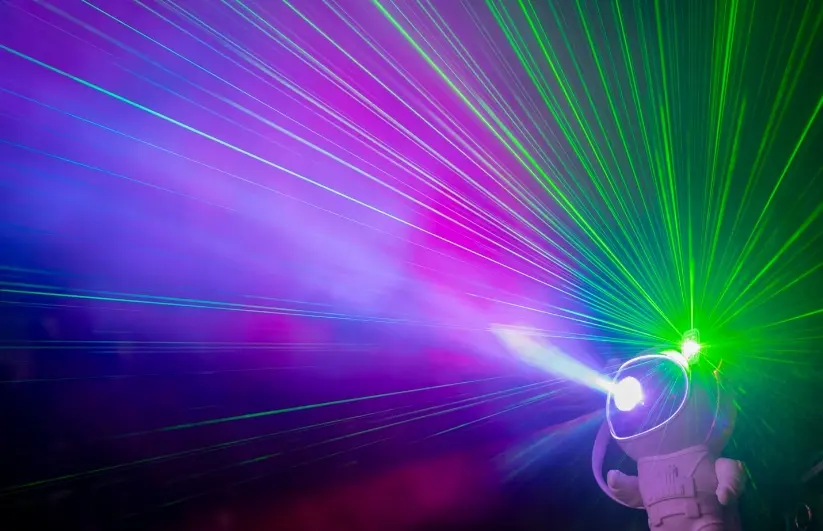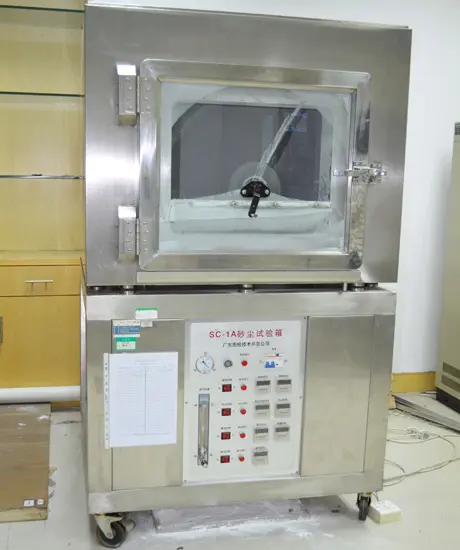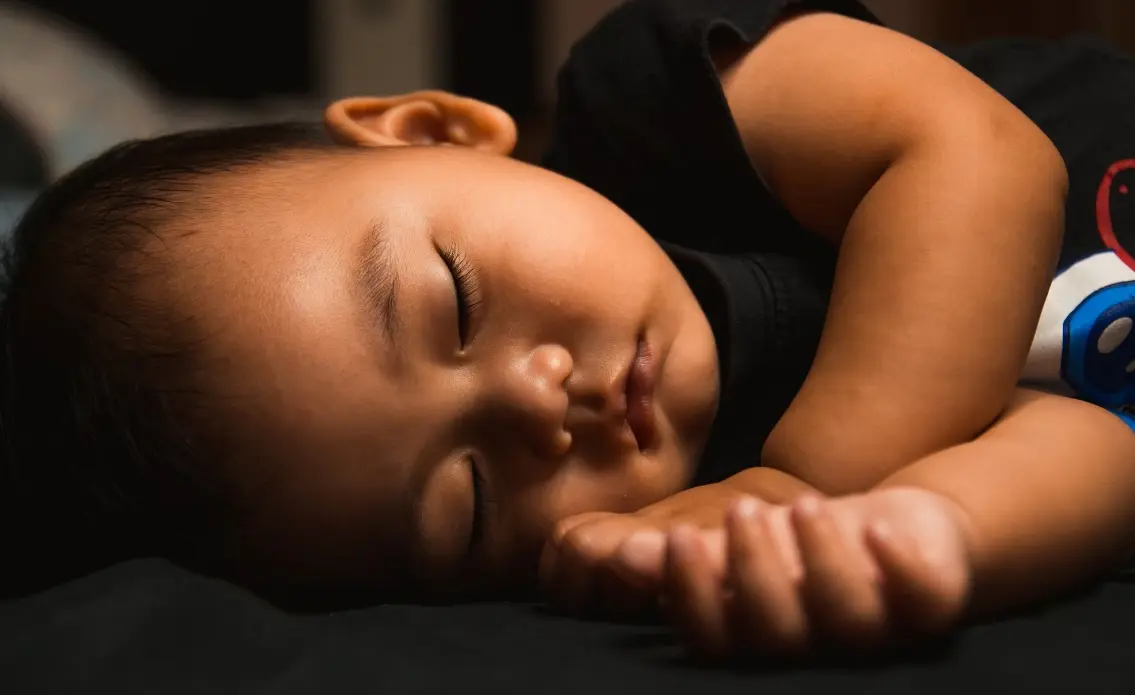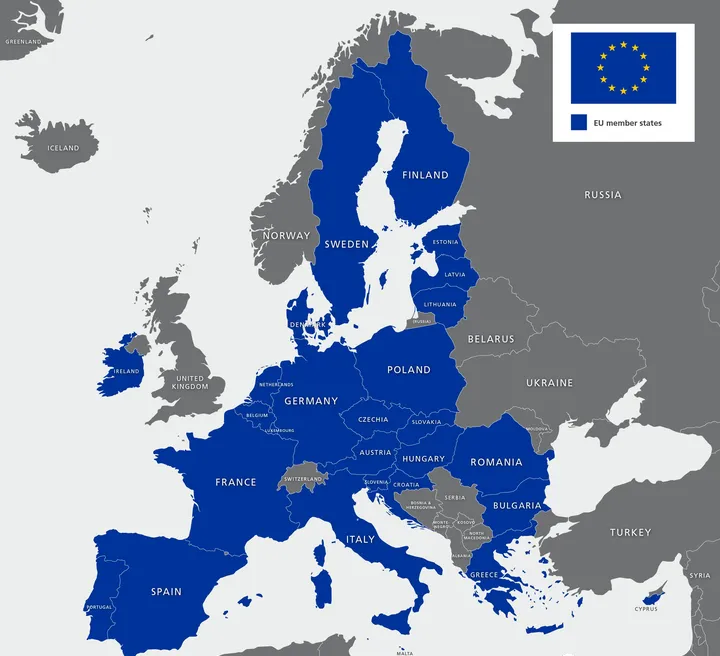
KC Certification FAQs
Q: Is it mandatory for the manufacturer to hold the kc certification?
A: The certification must be held by either the manufacturer or the Korean importer.
Q: Is it necessary to send samples to Korea for testing for KC certification?
A: No, you can first apply for cb certification in China and then convert it, without sending samples to Korea.
Q: Which method is better: sending samples directly to Korea for testing or converting from CB certification?
A: It is generally recommended to apply for CB certification first and then convert it.
CB certification is tested at our JJR laboratory in China, making communication and progress tracking more convenient.
If samples are sent to Korea, the shipping time is longer, and if the test fails, resending samples may incur re-testing fees, leading to delays and increased costs.
Q: What is the difference between a KC certificate obtained by converting CB certification and one obtained by sending samples to Korea for testing?
A: There is no difference in use, and the issuing institution is also the same.
Q: How can battery cells apply for KC certification?
A: Korea currently regulates only laptop and mobile phone battery cells. Other battery cells are not regulated and do not require KC certification.
If testing is done, only a test report will be provided, not a certificate.
Q: Is KC certification mandatory for NiMH batteries?
A: Yes, battery cells are regulated by KC certification, but battery packs are not regulated. However, the battery cells in the pack must have KC certification before shipping.
Q: Are alkaline dry batteries/manganese dry batteries subject to mandatory KC certification?
A: Yes, the cost, time frame, and sample requirements are the same as for NiMH batteries.
Q: How should IC, MOS, and other components be reported for KC certification?
A: Report CB certification first, then report KC certification. The process takes five weeks.
Q: Does a battery used in a robot vacuum cleaner require KC certification?
A: If the robot is autonomous with a built-in lithium battery, it is not subject to KC regulation.
Q: Does a battery for an electric bicycle require KC certification?
A: Lithium batteries for electric bicycles with a speed of less than 25 km/h require KC certification.
Q: Can KC certification be applied to a series of products? What are the series requirements?
A: Battery packs can be certified in series for KC.
Series requirements:
1. Category of the battery cell:
- a. Lithium-ion cell
- b. Lithium polymer cell
2. Shape of the battery cell:
- a. Cylindrical
- b. Prismatic
3. Main materials of the battery cell:
- a. Cathode
- b. Anode
4. Battery cell type:
- a. Soft pack
- b. Hard shell
5. Battery cell capacity classification:
- a. Cylindrical: ≤2400mAh; >2400mAh
- b. Prismatic lithium polymer:
- ≤1500mAh; ≤3000mAh; ≤5000mAh; >5000mAh
6. Maximum charging voltage:
- ≤4.25V; >4.25V
7. Serial and parallel configurations:
- a. No serial or parallel connection
- b. No serial connection (the battery's protection IC is the same as another battery)
8. Same requirements for protection devices and specifications, including FUSE, PTC, IC, etc.
Sampling rule:
The model with the highest capacity is selected as the primary test model.
Email:hello@jjrlab.com
Write your message here and send it to us
 Laser Product Qualification Consultants
Laser Product Qualification Consultants
 UL 268 Smoke Detector
UL 268 Smoke Detector
 How to Get Approved to Sell Toys on Amazon
How to Get Approved to Sell Toys on Amazon
 Element EMC Testing
Element EMC Testing
 Authorized Representative EU
Authorized Representative EU
 EU Representative Service
EU Representative Service
 ASTM F2413 Shoes Certification Testing
ASTM F2413 Shoes Certification Testing
 UL Listed Smoke and CO Detectors
UL Listed Smoke and CO Detectors
Leave us a message
24-hour online customer service at any time to respond, so that you worry!




